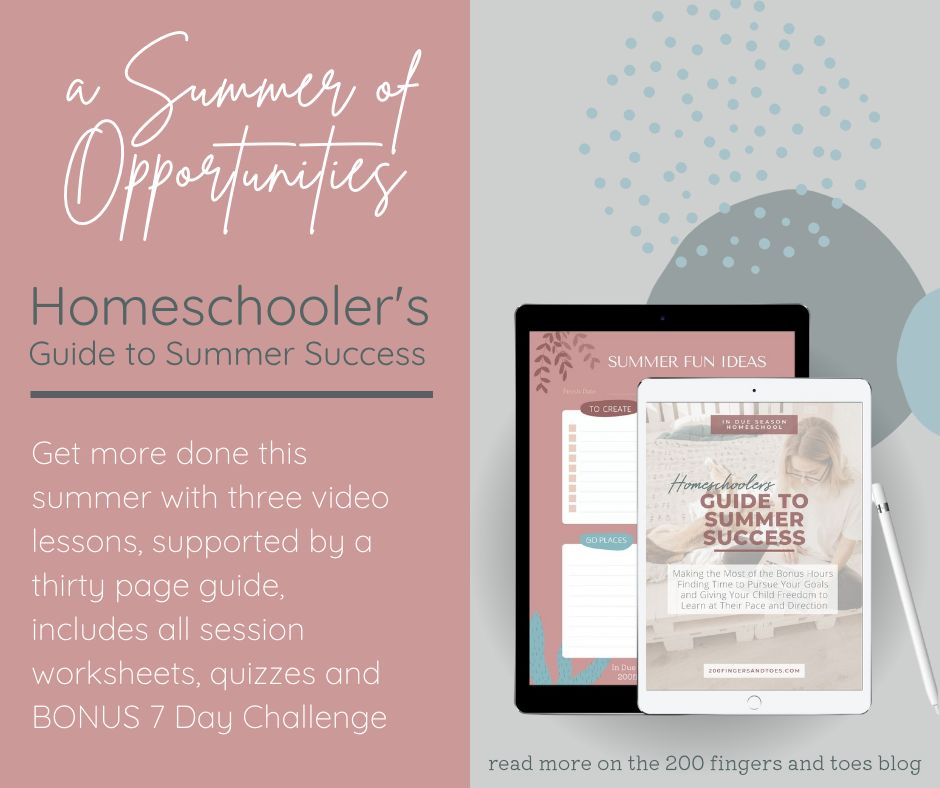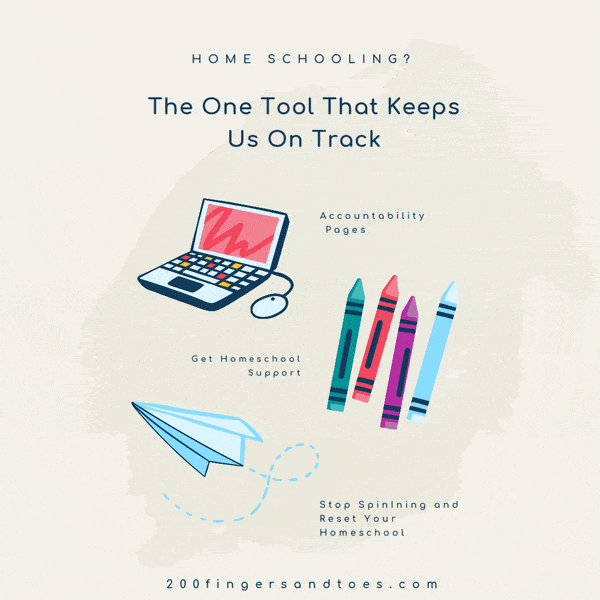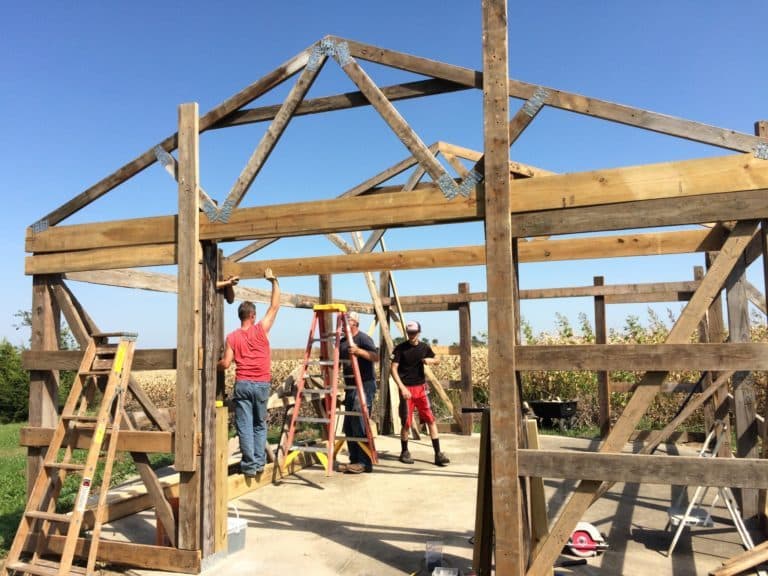11 Best Middle School Accountability Builders for Your Homeschooler
We may earn money or products from the companies mentioned in this review or post, but all opinions are our own.
What are the best middle school accountability builders to support your children where they are at in their development? Middle schoolers are in the age of discovery. Academically, they are discovering where they excel and feeling the challenge of their weaknesses. Yet, they lack the capacity to foresee long term consequences of their choices. They need your support and encouragement more than ever.
Here are some of the best ways we have help encourage autonomy, responsibility, and realtionship in our middle schoolers while homeschooling.
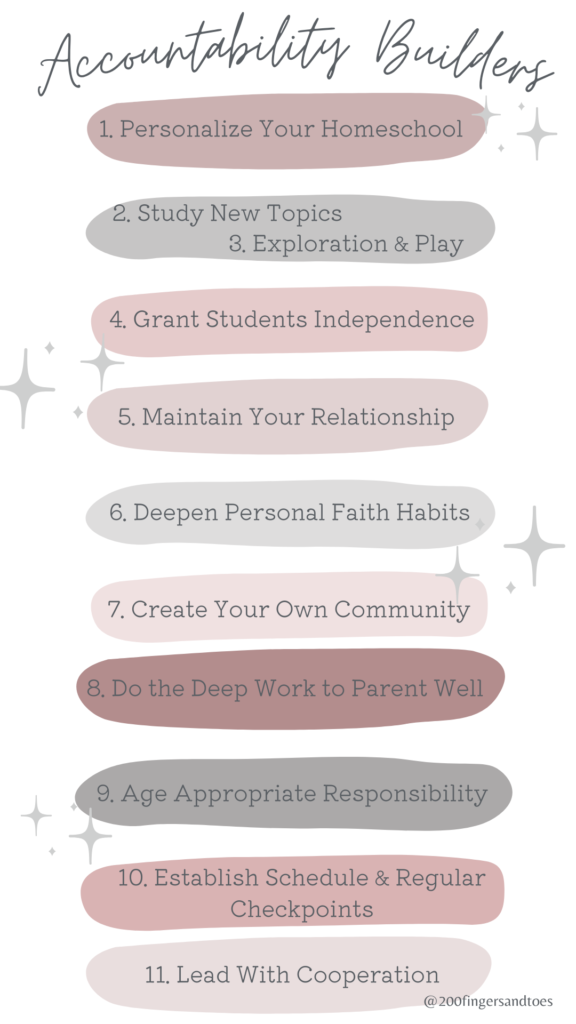
1. Build Accountability By Personalizing Your Homeschool
Adding classes to reflect your child’s interests and capitalize on their strengths can help your students “buy-in” with a measure of enthusiasm and interest. This middle school accountability builder establishes feeling of collaboration can go a long way with your homeschooler.
When planning for the school year, ask your child for input about the topics they would like to study. Even if you are using a curriculum with a specific yearly plan, your child can choose their electives, add unit studies or choose a language study.
Asking for input reinforces the fact that they are beginning to have a say in their education. In homeschooling, your students input is valued. Helping your child lead is a very important part of the transfer of responsibility that will come in the high school years.
2. Build Accountability Through Exploration of New Topics
Middle school is a great age to explore new topics of study. You don’t have to make a big purchase to do it. Choose options like shorter unit studies to introduce new topics and event languages.
We have had a great time studying Greek Myths with a unit study and used Hey Andrew, Teach Me Greek to play with a foreign language in the elementary years. It was great to get to do this language study without the pressure of having to commit to a language for high school credit just yet.
My youngest son learned a ton of Chinese characters using a game on my phone. Tech tools like the ones in this article can make learning fun as a break of reward in the middle of the school day. When considering middle school accountability builders, remember that your middle schooler has less self-control than an adult and we are still prone to distraction. If games are a struggle or your child doesn’t have access to a phone, I am prone to give the advice to avoid them for as long as possible.
3. Rekindle a New Love of Learning Through Exploration & Play
Your middle schooler might be done playing store and has given up her doll house, but they aren’t done playing. Learning through play looks different now.
Think outside of the box for topics that will spark a desire to learn more. We love mini-games and have used then in many different ways throughout our homeschooling years. Connection and laughter are also strong middle school accountability builders.
Look outside of the scope of “school” for learning. Is there a community theater? Does your child want to take music lessons? You don’t have to tell your middle schooler that riffing on the electric guitar is school, but you sure can count those lessons as a class and give them full credit!
4. Develop Accountability By Granting Your Student Independence.
Our major role as parents is in helping our middle schoolers respond to the developing need for autonomy in healthy ways. A great place to start is by transferring the responsibility of following the daily schedule over to your child. Begin by having them read it and then tell you what they are to do for the day.
Navigating the daily school schedule in middle school will lead to a high schooler who doesn’t need to ask you what to do when they have down time. Create this habit well and your child will become a favorite at University because they actually read the syllabus and then followed it! Trust me, I know this first hand with two of my kids who chose to pursue higher education.
For your child to learn accountability in middle school you will need to also include regular checking of their school work for completed assignments. They are growing older, but your child will need your steady guidance. I have spoken to countless parents who were devastated because they caught their child cheating through math or slacking on a subject that they normally excel in.
Too much freedom, without structured check points can be a recipe for shortcuts and bad habits. Create a check out routine and make sure your child knows what DONE looks like to you. Also, let them know ahead of time the limits they will have to accept if they done have their work completed. At our house, if work is not completed by friday afternoon, the kids aren’t available for weekend activities.
It is no fun to have to set boundaries, but we need to be trustworthy, even when it is hard.
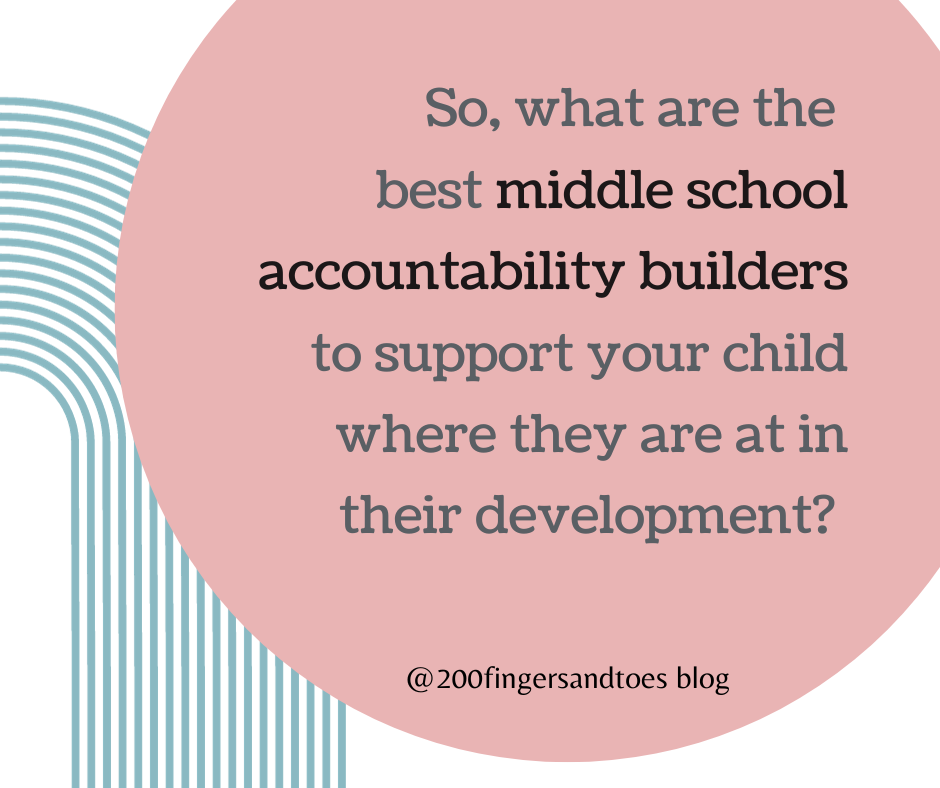
5. Maintaining Your Relationship is a Key Middle School Accountability Builder
Often the culprit in the struggle between parent and child is found in the desire for independence. Middle schoolers are discovering their first taste of autonomy and possess a deep desire for a sense of self.
This desire to be separate can lead a child to push their boundaries. This can manifest in poor choices in self directed studies and a neglect of responsibilities. Understanding that this is a natural and part of child development is vital in keeping your cool and responding with the love your child needs from you.
Growing up is hard, but it is not personal. I can say that but you know as well as I do that as parents, we tend to make a lot of our teen’s actions personally.

Get our free gratitude journal
When you sign up for updates & news
The single greatest gift homeschooling has to offer you is the relationship you develop with your child.
– Amber J. Smith
Make a habit of stepping back and listening with understanding. Take time to engage with your child outside of school hours. It may seem counter intuitive, but homeschoolers spend the greater amount of time with their kids in instructive mode. Make time for relationship building time as a counterbalance.
6. Deepen Your Personal Faith Habit
If you understand that separation is a part of natural growth, you can help your child get back on track with your relationship intact. Maintaining a good relationship requires a ton of personal growth from you as the parent, but the benefits have never been more tangible. It can be hard to navigate this separateness, but helping your child develop a healthy view of their self and their role in the family is vital.
Raising my children has often left me at the end of my own ability. That is ok, because that has led me to prayer, over and over.
Create ways to strengthen your faith. Find yourself a faith community, a small group or circle of friends who can help you grow through every challenge.
7. Create Your Own Community
Don’t be afraid to seek out new community. As you can imagine, as a mother of ten kids, many of my friends have been made through different sibling groups. Our playdate friends have changed over the years. We have moved churches and grow sweet friendships.
In every stage, I sought out a community for support and encouragement for myself. I knew homeschooling was hard and that I was not going to do it well all on my own.
When difficulty comes, having a community that you have committed to and loved well is the single greatest investment you can make. I see my adult children now building their own communities for support and fellowship and I am so thankful that they have other men and women to support them in life. I do not have the capacity to meet all of their needs alone. Their extended community brings me security.
Show your children the value of friendships while they live with you.

8. Do the Deeper Work to Parent Well
I did the deeper personal work needed to help me be the best version of myself, for my kids. Creating accountability for your pre-teen begins with healthy parenting skills. If you are seeing habits that you don’t like, seek out how to change them now.
Live out what you believe in from of your children and allow them to see your struggles and failings. Ask for forgiveness when you fail and be generous with your forgiveness too.
If you didn’t learn them in your family of origin, you are fortunate to live in a day and age where there are plenty of resources available to you. You can click this link to find my favorite parenting resources.
9. Build Middle School Accountability with Age Appropriate Responsibility
Share the load in household chores. I will go further in depth with this full article. The best way to avoid setbacks in work habits is to create clear expectations for each child with check out meetings for the end of the school week.
Regular check-ins, like a chore chart, checklist or daily meet up appointments keep your child from getting too far behind. This also helps avoid the temptation to find shortcuts for unfinished work.
You middle schooler can care for their own personal items. They can do their laundry, plan their breakfast and lunches, clean their room and share in household chores. Creating the perception of teamwork is important. If everyone is doing their part it is easier to build a spirit of cooperation.
10. Establish a Schedule & Regular Checkpoints to Build Accountability
Don’t EXPECT what you don’t INSPECT. This is a great rule in homeschooling.
Set regular meeting times to check in on instructions for the week and progress along the way. Never assume work is getting done without a visual assessment. As adults, we tend to do the work that we know someone is going to check up on first. Our kids are no different. If you want to keep progress moving forward in your homeschool, set up regular check points to talk about their work daily.
Let your kids tell you about what they are learning in your casual conversations too. Not every book need a book report. Sometimes a conversation about the struggle a character is going through is a much better way to dig deeper into a book or passage.
11. Lead With Cooperation
As the parent, you need to remain present and involved. You child will value your homeschool as much as you do. If you find distractions are keeping your family from being focused, set a clear schedule that is realistic for you all. You can read about my phone and how it didn’t make the homeschooling cut here.
We school from 10am-2pm. In the twenty years that we have schooled at home we have been able to accomplish our goals and duties within this timeframe. Assess your family’s best working times.
As they grew older, my teens prefered to work in the evenings. If you child has a suggestion for improving their homeschool, be open. We had all schooled together for years when my oldest asked to do school in his room. The little ones were distracting and he could concentrate better there. I agreed to a trial period if he agreed to keep checking in with me regularly. In the end it work great for him.
Because I was willing to listen to him, his homeschooling experience was improved. We want our kids to cooperate with us but the truth is, cooperation goes both ways. When we lead with cooperation, we benefit the most.

